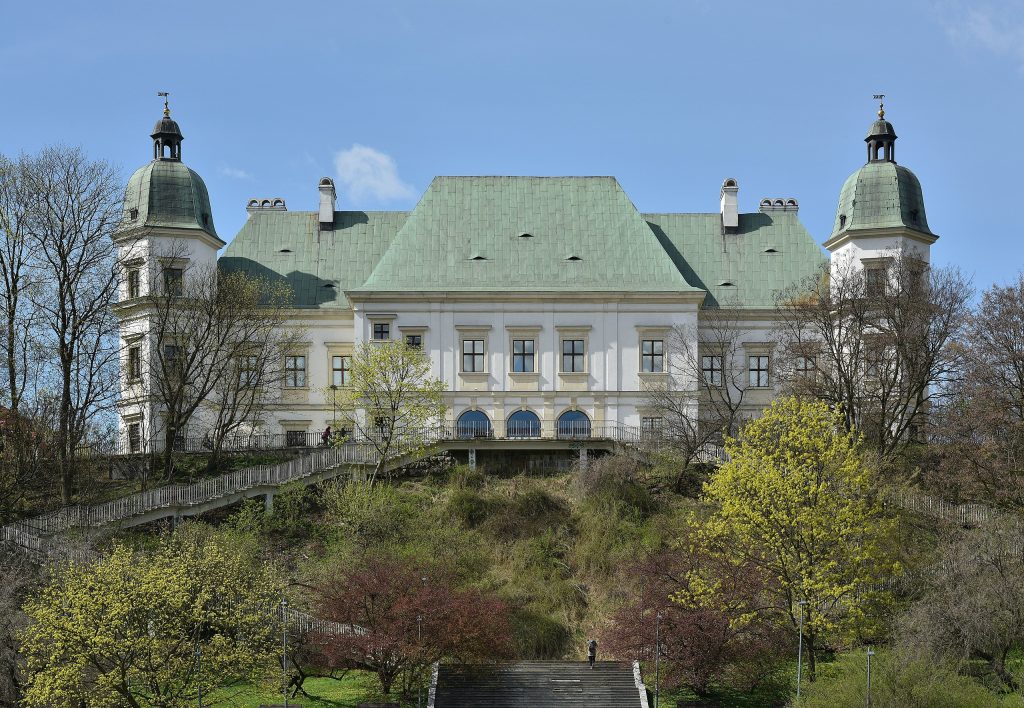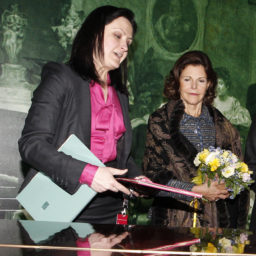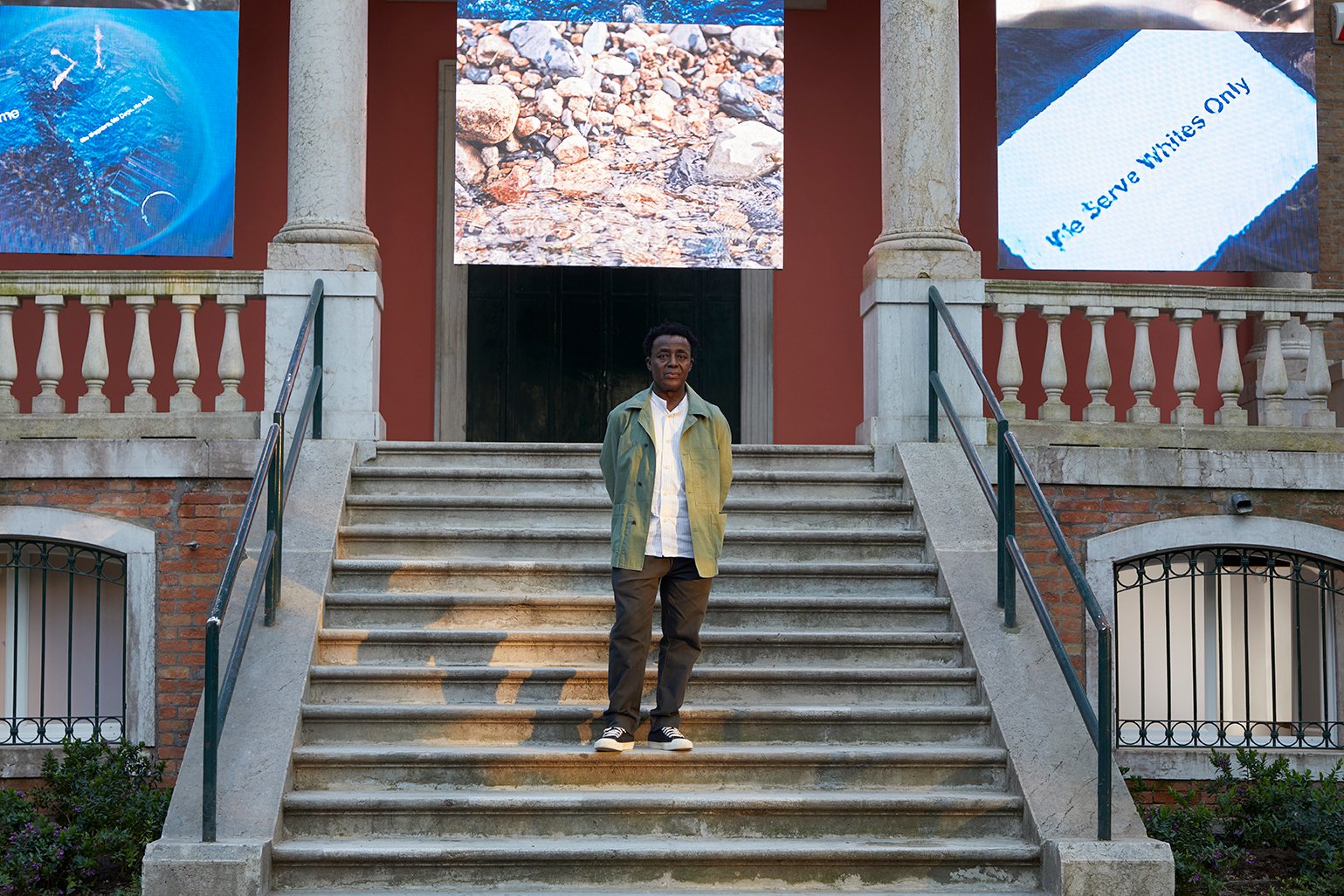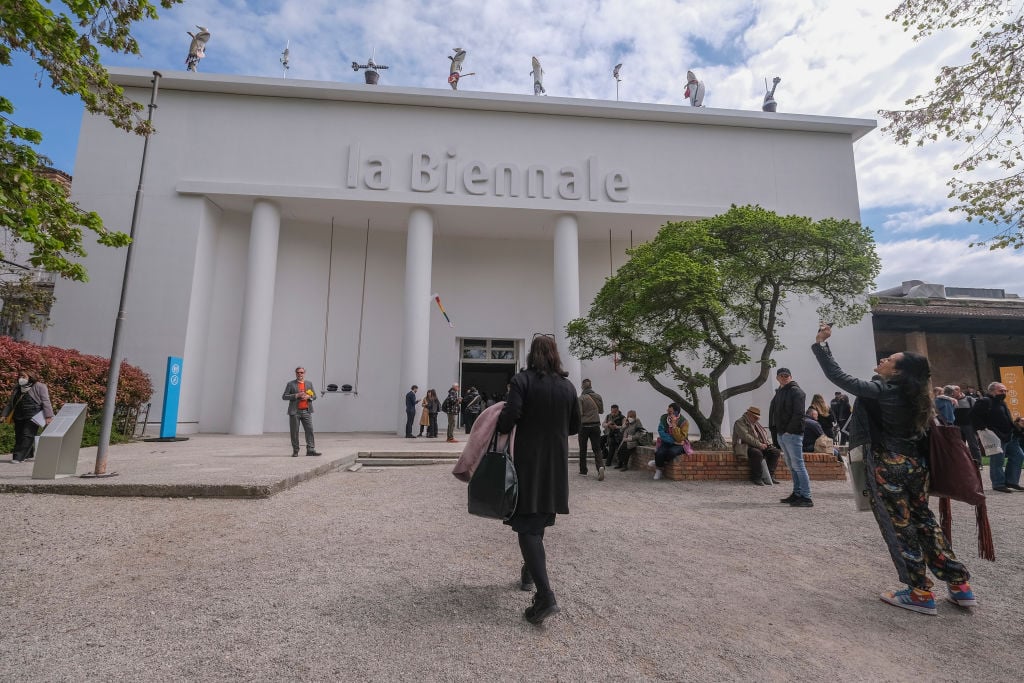The director of one of Poland’s most renowned institutions is under fire for reallocating funds from the country’s national art collecting program. In the process, critics say, he is not only violating established procedure, but also promoting homophobic art and setting a dangerous precedent for the country’s state-run museums.
The debate comes as a polarizing culture war continues to rage in Poland, pitting longtime arts professionals against more recent political appointees and allies of the ruling right-wing Law and Justice party (PiS). The latest development, critics say, suggests that the veterans’ worst fears are coming true.
As the Polish daily newspaper Gazeta Wyborcza first reported, Piotr Bernatowicz, the newly appointed and controversial director of the Center for Contemporary Art Ujazdowski Castle (CCA) in Warsaw, purchased several new works last month under a national program that provides museums funding to buy contemporary art. There was just one problem: several of the works were not included on the initial funding application, including one that contains homophobic imagery.
Under the CCA’s previous leadership, the institution applied to the Ministry of Culture and National Heritage for a 2 million Polish zloty ($530,000) grant to purchase two works for the collection: Wojciech Fangor’s MA3A (1971) and a joint work by Ilya and Emilia Kabakov and Joseph Kosuth titled Corridor of Two Banalities (1991).

Hundreds of Pro-LGBT activists and their supporters participated in the annual Equality March in Katowice on September 5, 2020. (Photo by Artur Widak/NurPhoto via Getty Images)
When the ministry only allotted the institution only 1.3 million PLN ($346,000), the CCA followed through on purchasing Fangor’s work for 800,000 PLN ($213,000), but claimed it could not afford the joint Kosuth and Kabakov piece. Instead, the institution said, it would use the leftover 530,000 PLN ($131,000) to acquire several works by artists not included on the initial application: Jacek Adamas, Jerzy Kalina, Ignacy Czwartos, Zenona Cyplik-Olejniczak, and Dominik Lejman.
It is possible that the departure from protocol might have gone unnoticed, except for one thing: one of the works, by Jacek Adamas, contains homophobic imagery. Tonfa (2018) consists of a police baton and a rainbow in neon—a vulgar depiction of queer sexuality and the supposed imposition of homosexual lifestyles on Polish culture (lifestyles that are being pushed onto the public, the work suggests, like a police baton).
Piotr Rypson, the former head of the National Museum in Warsaw, told Artnet News that ministry grant-funded acquisitions can be changed under “very extraordinary circumstances, such as a work not being available or a significant change in price.” While it would be possible to renegotiate the terms of the purchase, he said, “funds obtained from a ministry grant are very strongly scrutinized by a team of experts.”
Bernatowicz submitted his updated list to the ministry and told the Polish newspaper that the purchases were in line with regulations. The works were unanimously approved, he said, by a six-person committee (of which he is a member). In previous years, unspent money from the National Collection grant has been returned to the ministry. The ministry did not immediately respond to a request for comment and a representative for the museum did not address questions about the process.
Beyond the finer points of the bureaucratic procedure, Rypson worries that the purchase will set a troubling precedent. “Spending public money on hate imagery is not only stupid and shallow, it is dangerous,” he said.
The acquisition comes amid a series of measures that aim to limit the rights of LGBTQ+ people in Poland following the election of the Law and Justice Party (PiS) last year. Since then, President Andrzej Duda and state media have argued that LGBTQ+ rights are an “ideology worse than communism,” proposing what the government has called a new “Family Charter” that would bar gay couples from getting married or adopting children.
A spokesperson for the museum told Artnet News that Adamas’s work “is not ‘hateful’ or ‘homophobic,'” but rather juxtaposes “incompatible or distant elements in order to extract their meaning, throwing a new perspective on the issue at hand.” The work, the representative said, “it is an attempt to problematize the meaning of public space and the various movements and ideologies that function in it.”
At a press conference last month, Bernatowicz, the CCA’s director, claimed the acquisition was part of his mandate to introduce to the collection artists who have been “unjustly overlooked and excluded.” He said he wanted to “ask bold questions” and promote artists who do not conform to what he considers the dominant progressive and leftist perspective of the European art world.
“The content of [Adamas’s] work refers to the inclusion of LGBTQ ideology in public space, which poses a real threat to Polish society,” Marcel Skierski, program director at the CCA, said.
This is not Bernatowicz’s first controversy. His appointment drew opposition as soon as it was announced by the Minister of Culture, Piotr Gliński, a member of the Law and Justice (PiS) party. The watchdog branch of the International Committee for Museums and Collections of Modern Art published a statement saying that “a key institution for Polish cultural heritage of the post-Cold War era is under threat.”
He had minimal experience, having previously served as director of the municipal gallery Arsenal in Poznań for only three years. (During that time, Berantowicz organized a group show featuring posters by designer Wojciech Korkuc with slogans including “Gay, don’t faggot the minors.”)
Earlier this year, he attempted to stage a high-profile concert of the Hungarian band Hungarica, but after information about the band’s neo-Nazi sympathies surfaced in the Polish press, Bernatowicz was forced to cancel the event.
Some worry this latest development could irreparably mar the collection, which has existed since 1985. “Piotr Bernatowicz aims to transfer the ruling party ideology to the field of contemporary art by introducing xenophobic, misogynist, and homophobic content to the mainstream,” Jaroslaw Lubiak, the CCA’s former artistic director who quit in protest of Bernatowicz’s appointment, told Artnet News. “His new acquisition policy threatens the integrity of the collection and the institution as a whole, infusing it with blatantly homophobic content.”
Follow Artnet News on Facebook:
Want to stay ahead of the art world? Subscribe to our newsletter to get the breaking news, eye-opening interviews, and incisive critical takes that drive the conversation forward.










